The world of sports has always been a captivating arena where human potential meets sheer determination. From the roaring crowds in stadiums to the silent tension of living rooms, athletic competitions have a unique way of uniting people across cultures and continents. Whether it's the grace of a gymnast, the brute strength of a weightlifter, or the tactical brilliance of a football manager, every discipline offers its own brand of excitement.
Recent tournaments have proven that unpredictability remains sports' greatest asset. Underdogs rise, champions fall, and records shatter when least expected. The 2023 Wimbledon Championships, for instance, saw a relatively unknown player reach the semifinals, sending shockwaves through the tennis community. Meanwhile, in basketball, the NBA playoffs demonstrated how a single injury can completely alter a team's championship trajectory.
Technology continues to reshape how we experience sports. Hawk-Eye systems in tennis and cricket have eliminated human error in line calls, while VAR in football remains controversial despite its accuracy. Athletes now wear smart fabrics that monitor vitals in real-time, allowing coaches to make data-driven substitutions. This marriage of athletics and innovation raises philosophical questions about preserving the human element in competition.
Regional rivalries add layers of narrative to any sporting event. The Ashes series between England and Australia transcends cricket - it's about colonial history and national pride. Similarly, El Clásico between Barcelona and Real Madrid represents more than football; it's Catalonia versus Castile. These matchups generate viewership numbers that dwarf regular season games, proving that context matters as much as quality.
Behind the glamour lies an often overlooked aspect - the business machinery. Sponsorship deals now exceed player salaries in some sports, with brands fighting for visibility on jerseys and stadium naming rights. Broadcast rights for major events command astronomical figures, forcing networks to innovate their coverage. The financialization of sports has created billion-dollar franchises but also raised concerns about accessibility for working-class fans.
Grassroots development remains the lifeblood of any sport. While we marvel at Olympians, their journeys began in local clubs with volunteer coaches. Countries investing in youth programs - like Germany's football academies or Kenya's distance running initiatives - reap rewards decades later. The challenge lies in maintaining these pipelines when immediate results dominate headlines and funding discussions.
Mental health has emerged as a critical conversation in sports. High-profile athletes speaking about anxiety and depression have helped destigmatize these issues. Teams now employ sports psychologists as standard staff, recognizing that peak performance requires mental fitness alongside physical preparation. This shift represents perhaps the most significant evolution in athlete welfare since the introduction of proper medical teams.
The environmental impact of major events has come under scrutiny. Carbon footprints from international tournaments, plastic waste in stadiums, and water-intensive field maintenance present sustainability challenges. Some organizations have responded with green initiatives - solar-powered venues, biodegradable utensils, and carbon offset programs. How the sports world balances spectacle with ecological responsibility will define its future operations.
Looking ahead, the Paris 2024 Olympics promise to showcase both tradition and innovation. New sports like breakdancing will debut while classics like athletics maintain their prestige. The games will test new broadcasting technologies aimed at enhancing remote viewing experiences. More importantly, they'll remind us that for all the commercialization and politics, sports at their core celebrate what humans can achieve when pushing boundaries.
From local little leagues to global spectacles, sports continue to capture imaginations because they reflect life itself - the preparation, the struggle, the moments of brilliance, and the lessons in defeat. As rules evolve and new stars emerge, this universal language shows no signs of losing its power to inspire and unite.
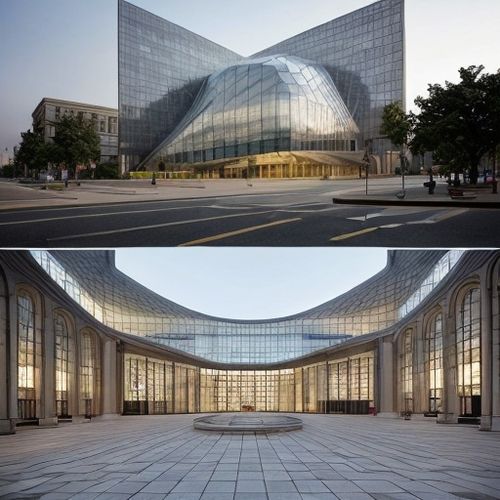
By John Smith/Apr 28, 2025

By Christopher Harris/Apr 28, 2025

By Sophia Lewis/Apr 28, 2025

By Amanda Phillips/Apr 28, 2025
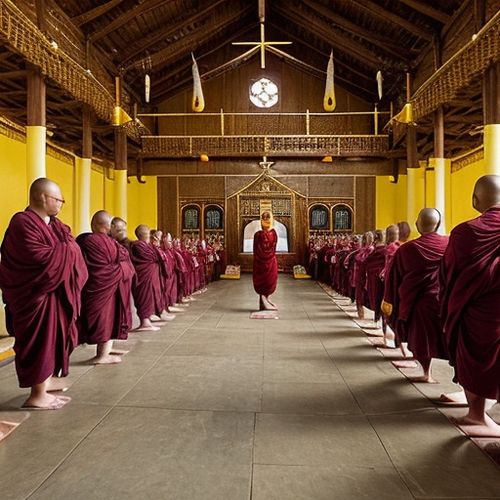
By George Bailey/Apr 28, 2025
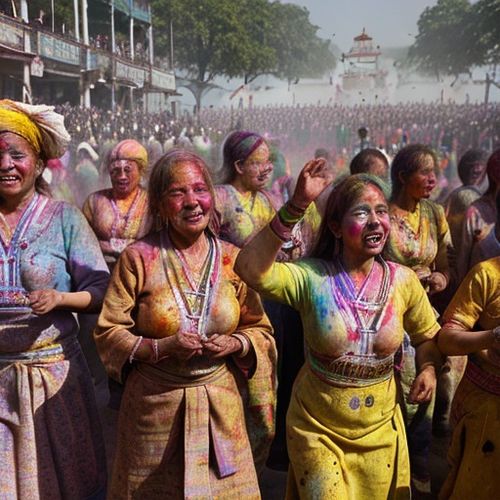
By Christopher Harris/Apr 28, 2025
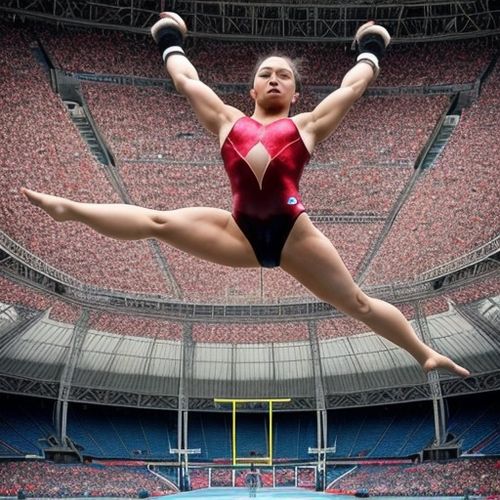
By Thomas Roberts/Apr 28, 2025

By James Moore/Apr 28, 2025
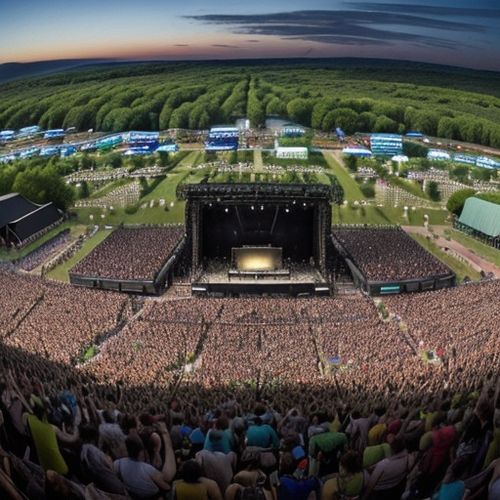
By Eric Ward/Apr 28, 2025

By Thomas Roberts/Apr 28, 2025

By Sophia Lewis/Apr 28, 2025

By Joshua Howard/Apr 28, 2025

By Jessica Lee/Apr 28, 2025

By Christopher Harris/Apr 28, 2025

By Elizabeth Taylor/Apr 28, 2025

By Rebecca Stewart/Apr 28, 2025

By Amanda Phillips/Apr 28, 2025

By Michael Brown/Apr 28, 2025

By James Moore/Apr 28, 2025
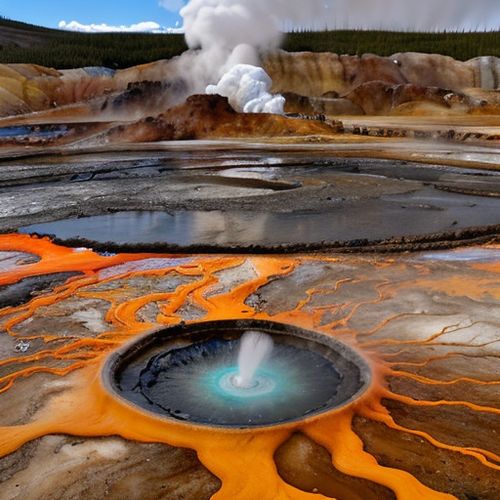
By Sophia Lewis/Apr 28, 2025